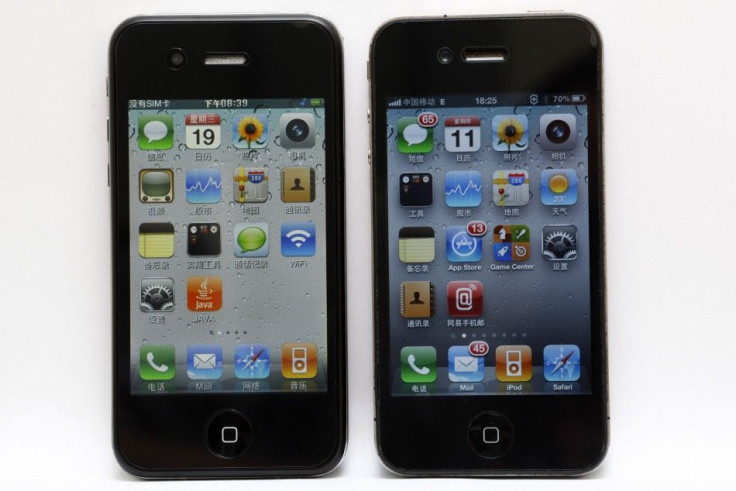Apple?s Strategy to Counter Google Likely Means Acquisitions

What will Apple do to counter Google, which plans to boost its Android OS by acquiring Motorola Mobility? Jefferies analyst Peter Misek believes Apple's cash pile offers it leverage to buy other companies or their valuable patents.
First, Misek believes Apple will explore the wireless patents in the portfolios of at least one smartphone maker, Finland's Nokia, which is fast losing market share, market researchers estimate. Apple, of Cupertino, Calif., already pays Nokia "significant royalties" to cross-license patents, so it could buy them instead.
Nokia, which was a leader in mobile communications decades before Apple launched the iPhone, has at least 50 essential 4G patents plus as many as 100 essential 3G patents, he estimated. Motorola Mobility already possesses 500 essential 3G and 4G patents.
Apple reported cash and investments exceeding $76.2 billion in its third quarter ended June 25, with nearly 54 percent outside the U.S.
For tax purposes, that might make it easier for the company to make foreign acquisitions. Repatriating the money would cost Apple dearly because it would be liable to a dividend tax as high as 35 percent, tax lawyers said.
In the same vein, Apple might explore patents held by Canada's Research in Motion, the maker of the BlackBerry. RIM has spent $5 billion buying intellectual property, including companies like QNX. As a result, it owns "critical security related patents" as well as some for network operating centers and nodes, Misek said.
One problem might be valuing those RIM properties as a "standalone asset," Misek said. But it could call specialized investment banks including Chicago's Ocean Tomo, which was involved in the Nortel Networks deal, and MDB Capital Group in Santa Monica, Calif., for that purpose.
At home, Apple might also look at InterDigital, the King of Prussia, Pa., holder of about 1,300 wireless patents which announced its auction last month. That was viewed as a response to the patent auction by Nortel Networks, which went for $4.5 billion to a syndicate that included Apple, with Microsoft, EMC, Sony, Ericsson and RIM.
It may not be as attractive due to lower royalty payments as well as many cross-licensing agreements, the Jefferies analyst said. However, Nokia itself may be eyeing InterDigital as well as Qualcomm, itself the biggest licensee of chip patents to the mobile phone sector.
Qualcomm, of San Diego, generates more than 90 percent of its revenue in royalties. Its previous president, Sanjay Jha, is CEO of Motorola Mobility. With a market capitalization of $85.6 billion, Qualcomm reported cash and investments exceeding $20.2 billion as of June 26.
Earlier this year, it acquired Atheros Communications, a chip designer that specialize in wireless chipsets, for $3.1 billion.
© Copyright IBTimes 2024. All rights reserved.






















